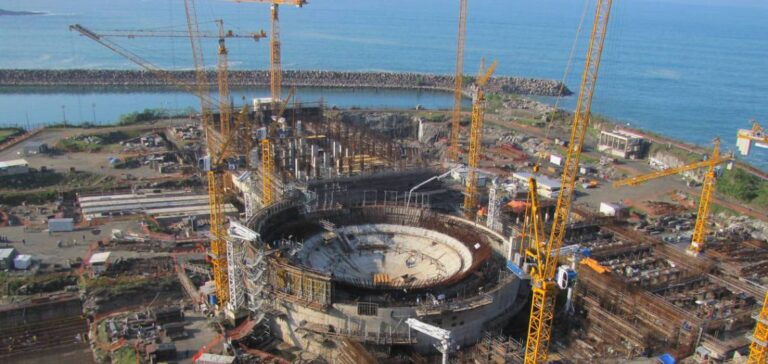The Angra 3 initiative, a Brazilian nuclear project that was interrupted and then resumed, is in the spotlight following a critical analysis by the Tribunal de Comptes de l’Union (TCU). This report highlights a worrying disparity between forecast costs and affordable pricing principles. Eletronuclear, theEletrobras subsidiary in charge of the project, reaffirms the company’s commitment to clean, economically viable energy, despite the financial challenges highlighted.
Financial analysis and impact
TCU is critical of the proposed tariff structure for Angra 3, arguing that it could unduly burden consumers’ bills. This position is reinforced by initial forecasts from the Brazilian Development Bank (BNDES), which suggest higher costs than other forms of energy production. Eletronuclear defends the project, promising an in-depth study by BNDES to set the final tariff.
Eletronuclear’s response and strategic implications
In response, Eletronuclear argues for recognition of indirect benefits, such as job creation and economic stimulation. An investment in nuclear power, the company argues, would generate substantial spin-offs for the local and national economy. The need to reconcile these benefits with fair pricing remains a central challenge.
Public consultation and future prospects
Public consultation on the Angra 3 construction site marks a crucial stage in the project’s social acceptability. With successive interruptions and socio-environmental issues to resolve, the road to resuming work is littered with regulatory and community obstacles.
Angra 3 is part of a broader nuclear development strategy in Brazil, aimed at increasing the country’s nuclear capacity by 10 GW by 2050. This ambition reflects a desire to integrate alternative energy sources, seeking a balance between economic growth and environmental management.






















